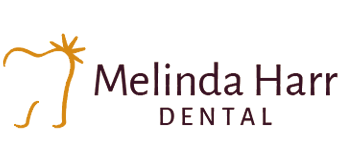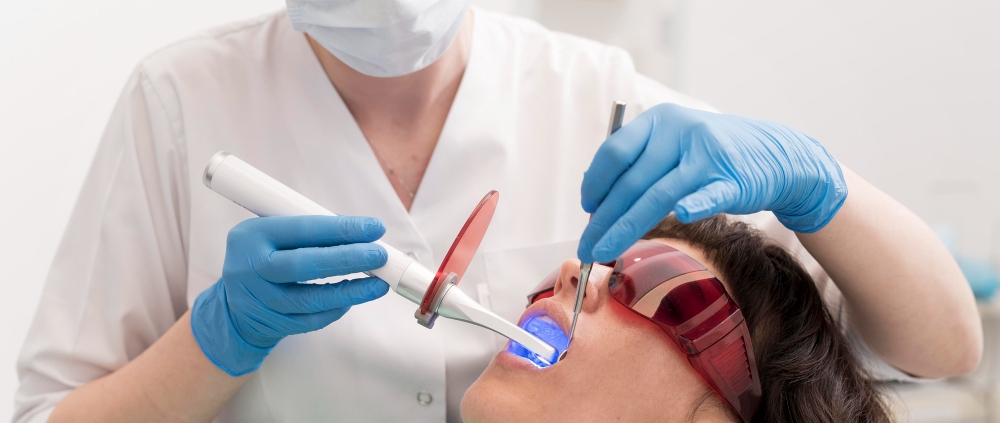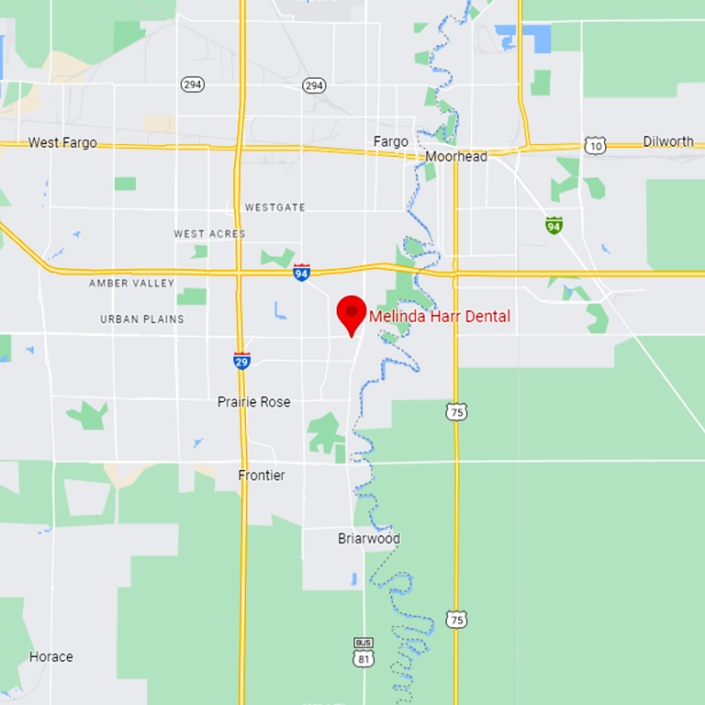Is Dental Anesthesia Safe?
For years, dental professionals have relied on anesthesia to help ensure the safety and comfort of their dental patients. At Melinda Harr Dental, we use dental anesthesia judiciously during certain dental treatments. One of the most common questions aboutdental anesthesia in S. Fargo, ND is about safety.
Benefits of Dental Anesthesia
Dental anesthesia is an important part of dental services. It keeps patients from moving suddenly during dental treatment, for one thing, which is helpful for dentists in terms of getting work done more efficiently. For the patient, dental anesthesia makes complex and potentially uncomfortable dental treatments—if not more pleasant—than more tolerable. This can have a far-reaching positive effect, since patients are more likely to return for needed dental treatments when the experience is more comfortable.
Safety Measures With Dental Anesthesia
Before administering any anesthesia, yourdentist in S. Fargo, ND will review your medical history, including any medications you are taking, allergies, and previous reactions to anesthesia. This helps to ensure the anesthesia is appropriate and reduces the risk of complications. Further, modern dental offices are equipped with monitoring devices to track heart rate, blood pressure and oxygen levels throughout the procedure to help ensure patient safety during the entire visit.
Types of Dental Anesthesia
Your dentist has several options available when there’s a need for dental anesthesia. What is used will depend upon the treatment that’s necessary, as well as other factors. Local anesthesia is the most commonly used and works by numbing a specific area of the mouth. Sedation anesthesia ranges from mild to deep sedation, which helps patients relax or sleep during a procedure. General anesthesia, which puts the patient completely to sleep, is typically reserved for more complex surgeries and is less commonly used in routine dental care.
At Melinda Harr Dental, we want you to feel safe and protected during treatment. If you have any questions about dental anesthesia or anything else, please don’t hesitate to reach out.





Leave a Reply
Want to join the discussion?Feel free to contribute!